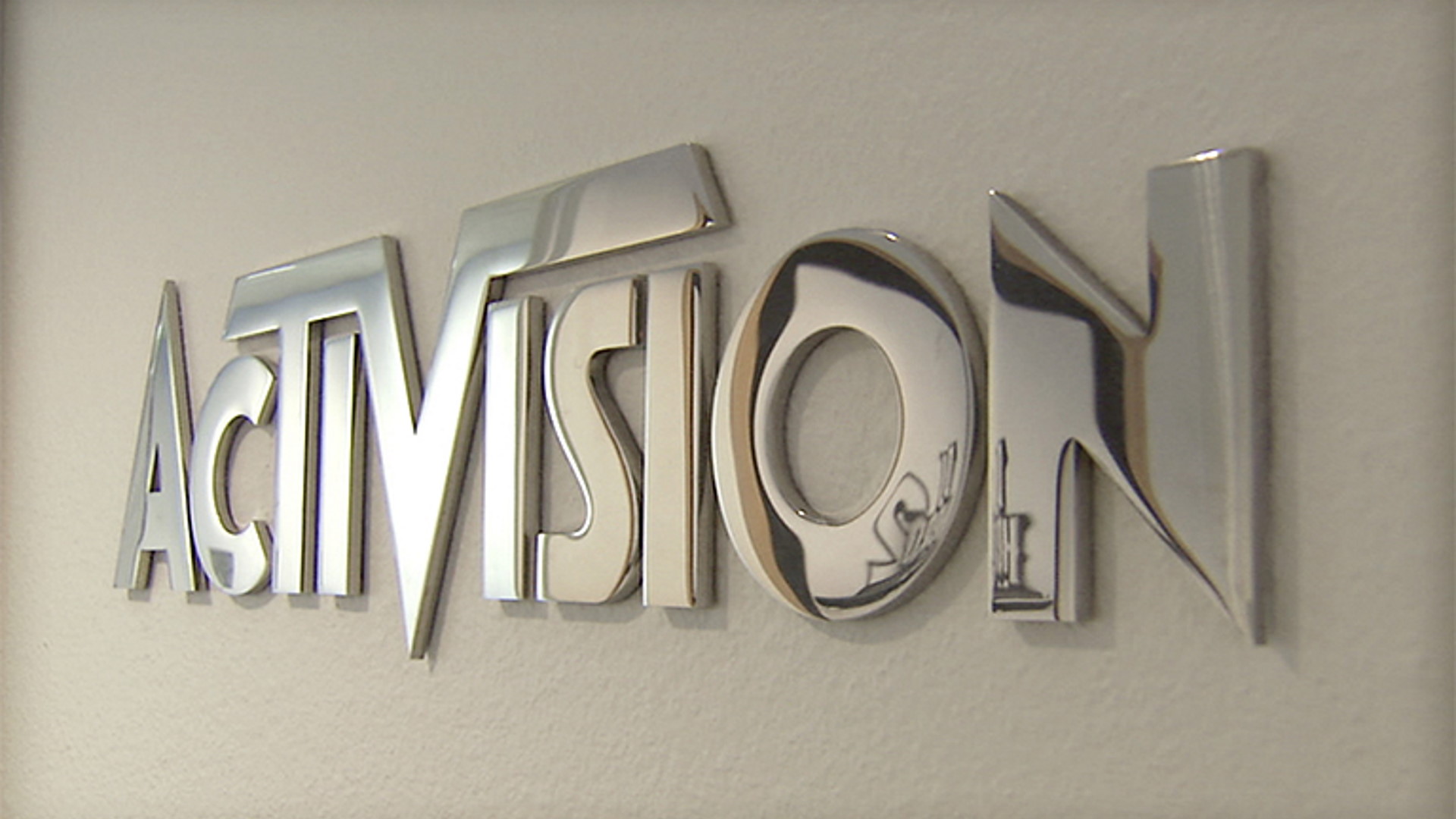Gamers once again repressed by the state as judge throws out lawsuit against Activision acquisition
The so-called "Gamers' Lawsuit" ended about as well as its name would lead you to believe.

It's not been a bad week for Microsoft. Not only has the UK Competition and Markets Authority decided that, actually, it doesn't have a problem with the Xbox-maker taking ownership of Call of Duty at all, but now GamesRadar reports that the dread hand of a California judge has thrown out a so-called "Gamers' Lawsuit" against Microsoft's acquisition of Activision Blizzard.
The Gamers' Lawsuit was brought against Microsoft by a group of ten Call of Duty fans in December last year. Echoing arguments that have also been voiced by the US Federal Trade Commission, they said that Activision was one of "only several independent game publishers in the world that are capable of making the highest production quality and most graphics-intensive videogames," and that any consolidation of those companies would invariably have a negative impact on videogame players.
They also claimed that Microsoft had lied about not having an incentive to limit the availability of Bethesda games before it acquired that company in 2021, boding poorly for any similar promises it made about Activision Blizzard games. I admit, the term "Gamers' Lawsuit" has an effect on me like a bucket of cold water on a cat, but I don't think either of those arguments is totally unreasonable.
I guess that's why I'm not a judge, because apparently those arguments don't hold water in California. On March 20, in court documents shared by FOSS Patents' Florian Mueller, Judge Jacqueline Corley granted Microsoft's motion to dismiss the suit out of hand, noting that "The Complaint does not plausibly allege the merger creates a reasonable probability of anticompetitive effects in any relevant market".
In particular, the judge says that the plaintiff's argument that the merger may have anticompetitive effects is insufficient by itself, and fails to detail "why" and "how" those effects might occur, and that they failed to make "factual allegations that support the conclusory incentive assertion". In other words, the judge reckons the plaintiffs made several sweeping assertions without the facts to back them up.
"Is it possible Microsoft will make Activision's game catalogue fully or partially exclusive? Yes. Have Plaintiffs alleged facts that make it plausible Microsoft is reasonably likely to do so? No," said judge Corley.
So, in conclusion, judge Corley asserts that the plaintiffs' arguments were "unpersuasive" and tossed the whole thing out, although the gamers still have 20 days (from March 20) to try to make their case again. I suspect they may get short shrift. If this merger does get halted—a possibility that looks more and more vanishingly unlikely with each passing week—it probably won't be gamers who stop it.
Keep up to date with the most important stories and the best deals, as picked by the PC Gamer team.

One of Josh's first memories is of playing Quake 2 on the family computer when he was much too young to be doing that, and he's been irreparably game-brained ever since. His writing has been featured in Vice, Fanbyte, and the Financial Times. He'll play pretty much anything, and has written far too much on everything from visual novels to Assassin's Creed. His most profound loves are for CRPGs, immersive sims, and any game whose ambition outstrips its budget. He thinks you're all far too mean about Deus Ex: Invisible War.

